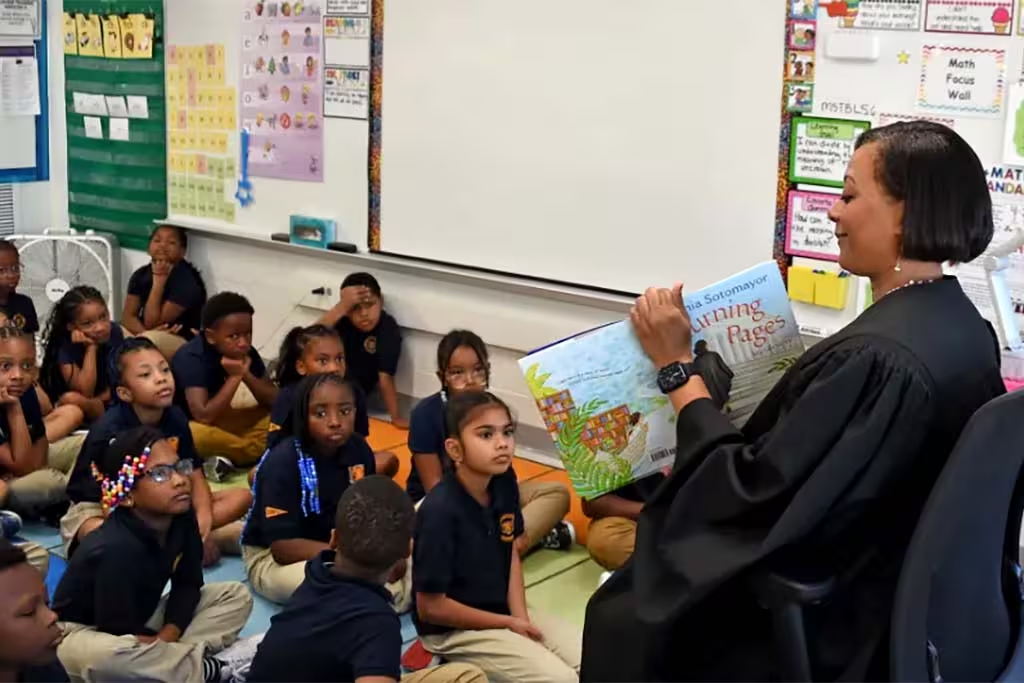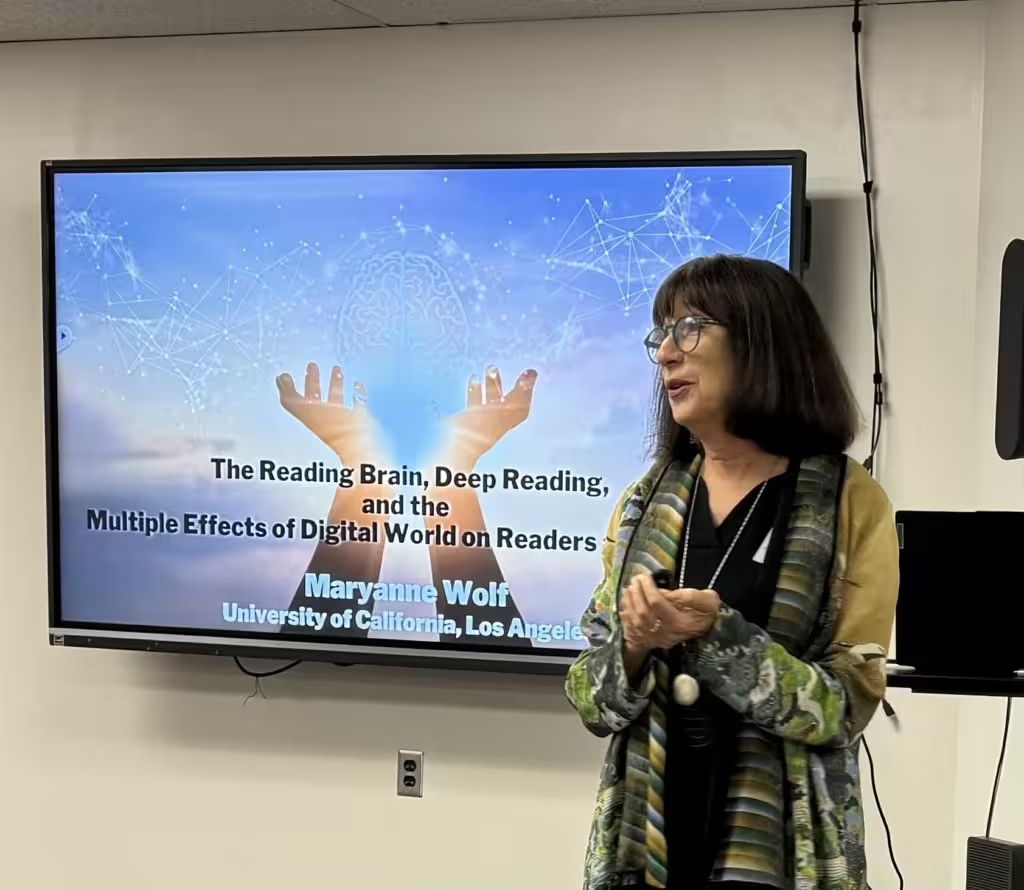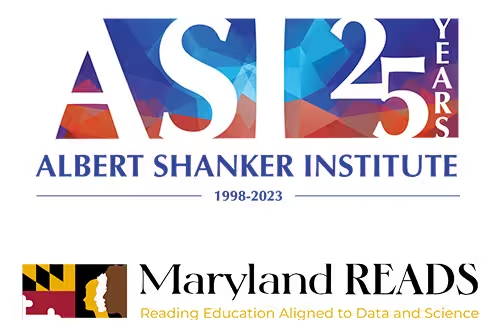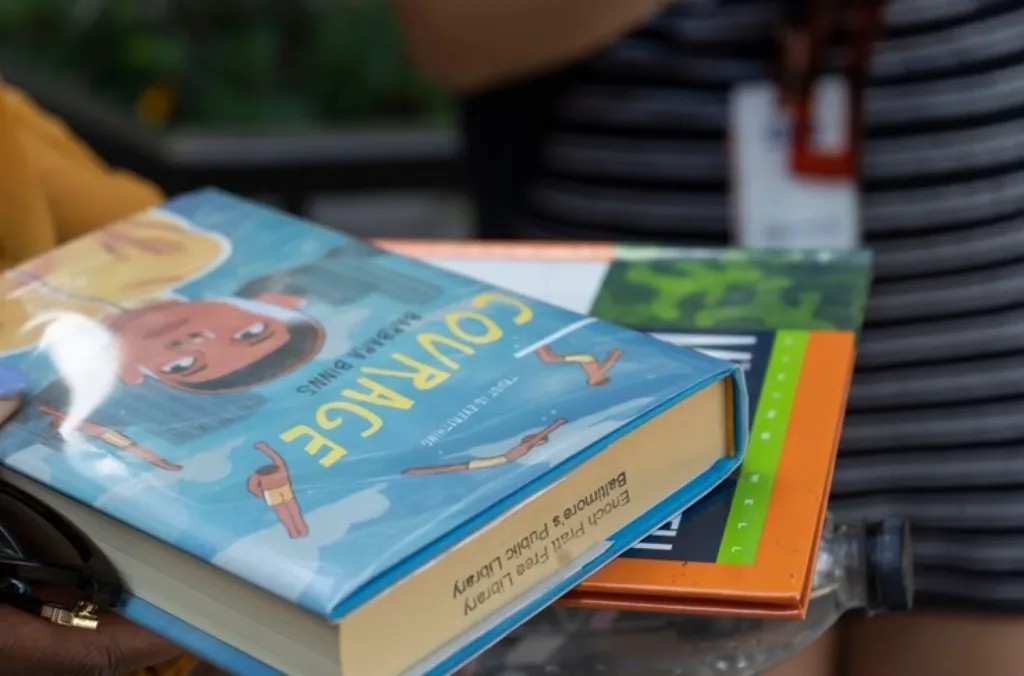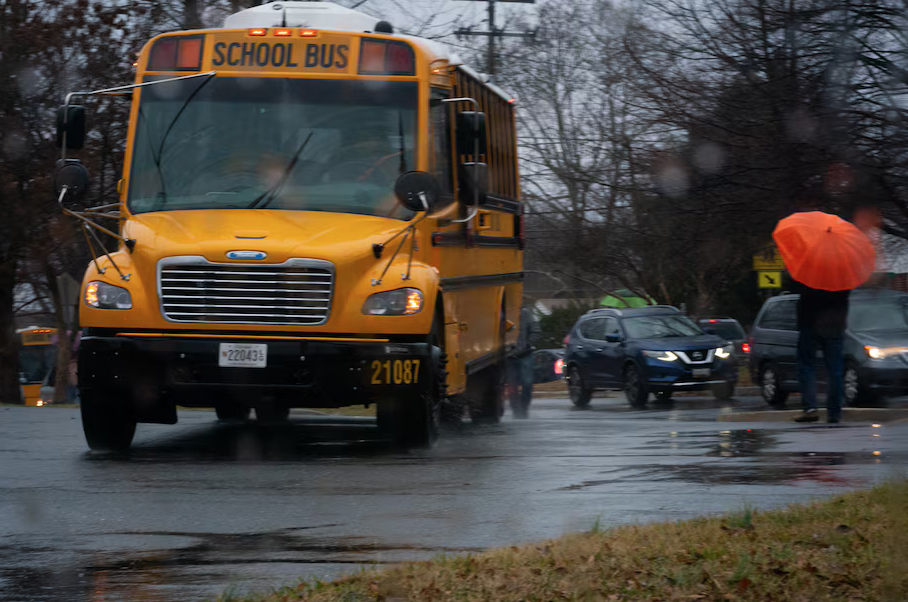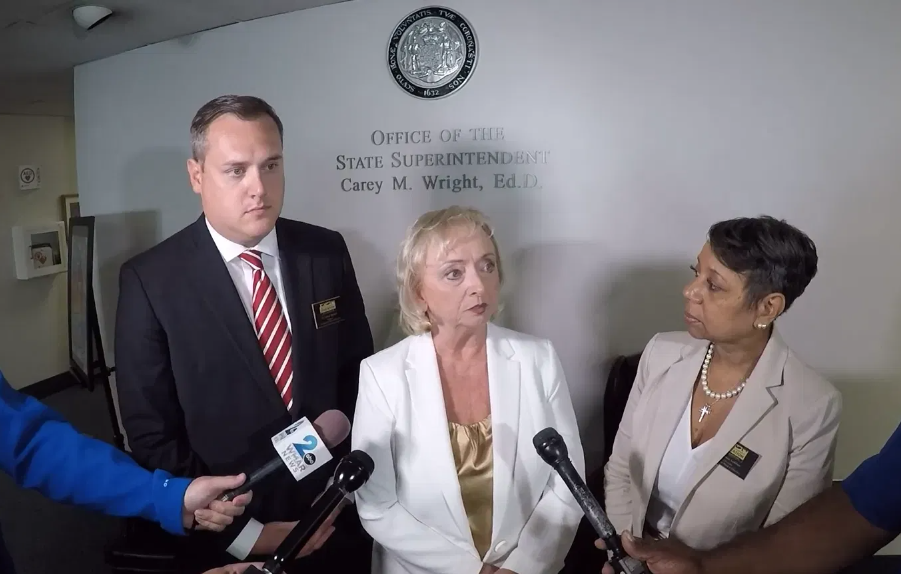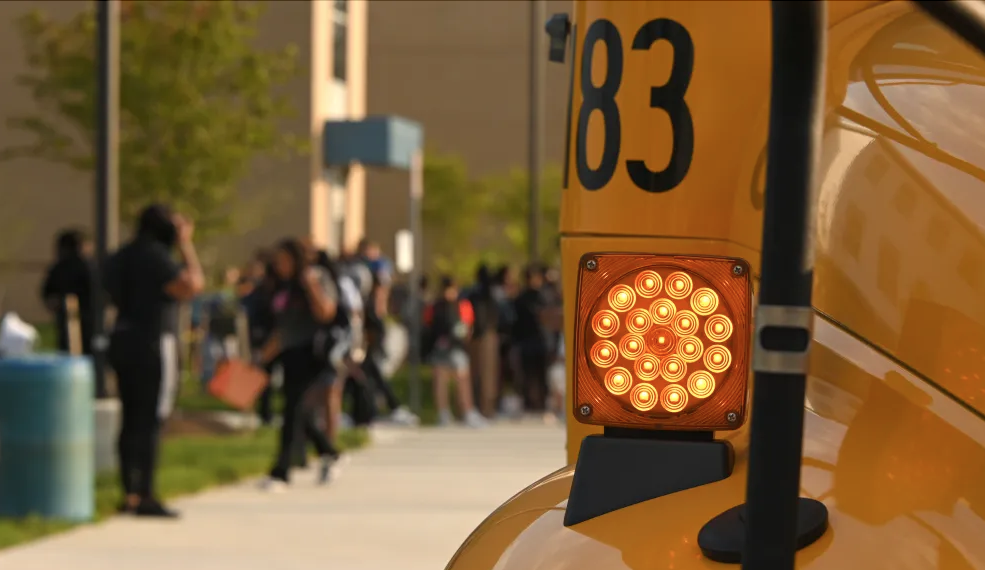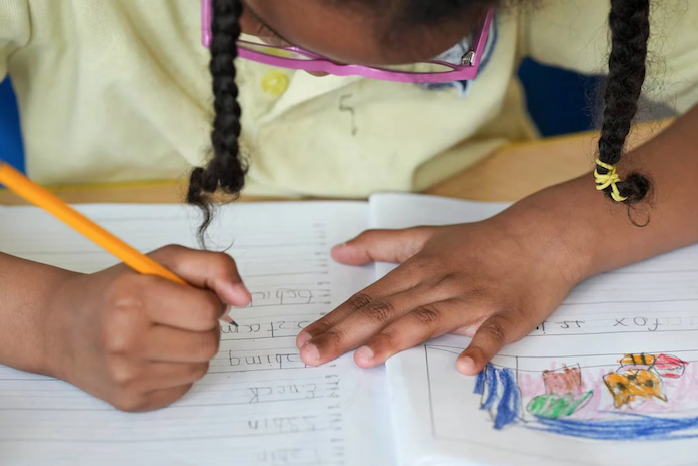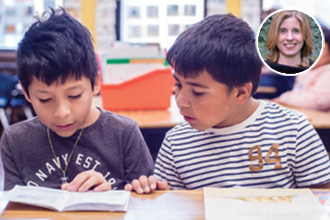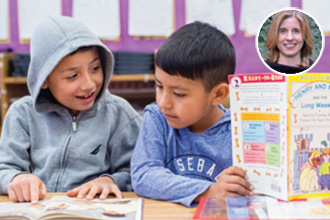We are a community of passionate individuals dedicated to transforming lives through the power of reading. Our journey is fueled by the belief that every child in Maryland deserves the gift of reading proficiency—the key that unlocks doors to knowledge, opportunity, and fulfillment.
Join Our Movement
Connect
Sign up for monthly updates
Volunteer
Help build our network
Support Us
Help put our plan into action
Endorse
Endorse the reading resolution
Vote
Take our poll on proficiency rates
The data speaks for itself - Maryland has a reading crisis!
4th grade NAEP reading scores place Maryland below the national average with 39 states ranking above Maryland.
According to an analysis by Watershed Advisory, Maryland is winning the RACE TO THE BOTTOM in 4th grade reading proficiency. A "rate of change" analysis demonstrates that our state has the fastest rate of decline.
Our reading crisis pre-dates COVID. While 3rd grade reading scores have hovered at 40% proficiency for years, 11th grade reading scores declined from 40% proficiency in 2016 to 20% proficiency in 2019.
We can change things in Maryland because this is a fixable problem.
The Science of Reading harnesses the power of evidence-based reading instruction practices that are effective in teaching children to read. We are examining districts in Maryland and states that are getting results to learn about their implementation strategies.
Mississippi has shown us that when leaders embrace a statewide reform effort, children throughout the state benefit. Mississippi, once at the bottom among state rankings, has risen above the national average for 4th-grade reading proficiency. We can learn from Mississippi's example.
Throughout Maryland, there are many change initiatives emerging that are supported by district and school leaders who have embraced meaningful Science of Reading reforms. Maryland READS stands ready to support, partner, and amplify their work. Likewise, change is occurring within public and private higher education institutions and Maryland READS is also working to build partnerships with their staff. We believe that a better statewide system of support can create meaningful and sustainable change in practices so that all children in Maryland can learn to read.
Maryland READS News
READing News
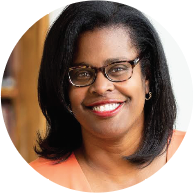
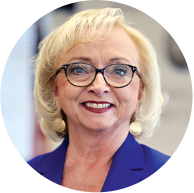
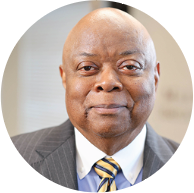


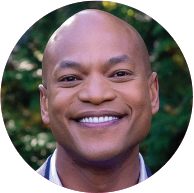
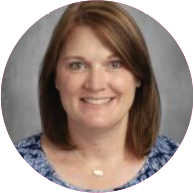


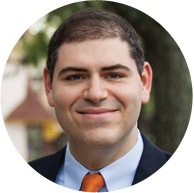
Resources
- All
- Emily Hanford Resources
Sign up to stay connected or volunteer to join our movement!












